Premium Only Content
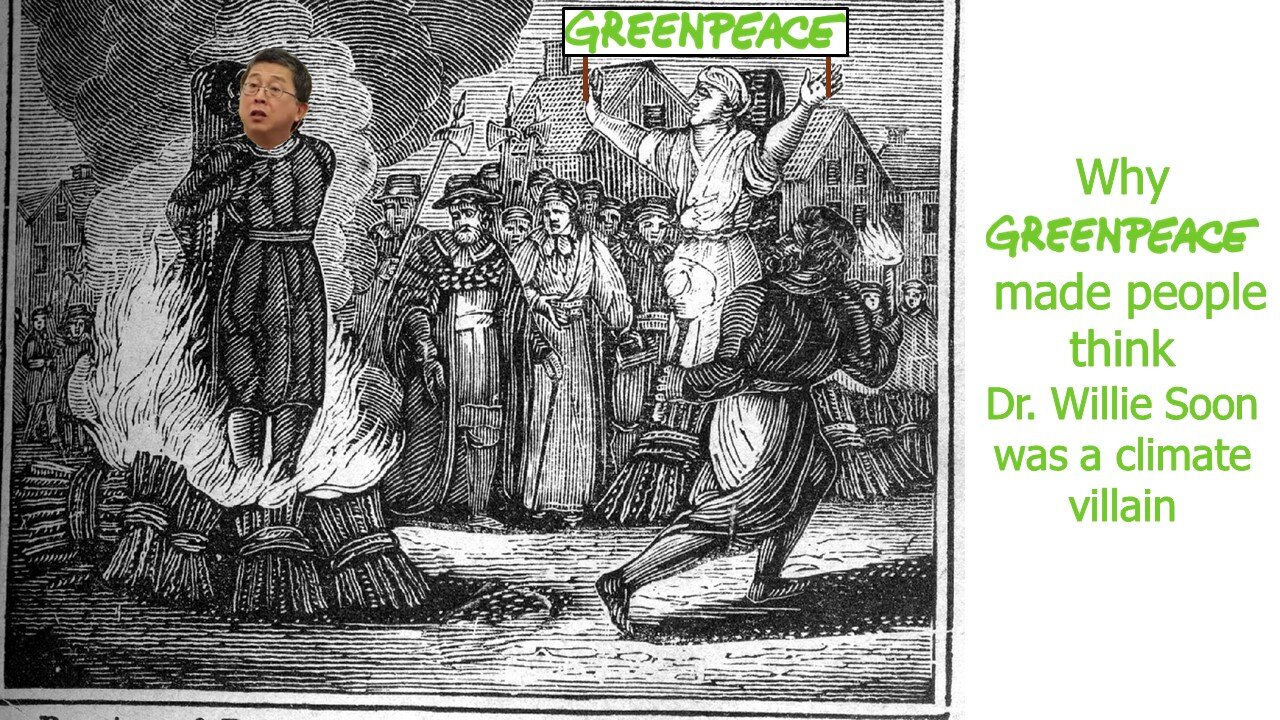
Why Greenpeace are looking for a piece of your green
Greenpeace is one of the most influential and best known environmental Non-Governmental Organizations (NGOs). Many people regard them as a compassionate organization that is chiefly concerned about protecting the environment and “doing the right thing.”
When the organization was first founded and became active in the 1960s and 1970s, it mostly focused on short-lived practical campaigns over specific issues that had definite solutions that could be easily implemented.
As a result, they achieved many impressive victories that significantly changed international policies on nuclear testing, excessive whaling and unchecked seal-hunting. These early campaigns gave them a well-deserved reputation as an organization focused on finding real solutions to real problems.
However, in recent decades, Greenpeace appears to have shifted to being a campaigning business rather than an organization campaigning to solve problems. One of the drawbacks to a campaigning business is that once the campaign issue is solved, the campaign stops making money for the business.
To overcome this, Greenpeace has found that emotionally-appealing campaigns with unrealizable “easy solutions” can be an unending source of revenue. One potential problem is that potential donors might wonder why these allegedly “easy solutions” never seem to be implemented. Greenpeace turn this “problem” into a feature, by inventing “villains” that they claim are frustrating Greenpeace’s “solutions”. This makes Greenpeace appear to be the hero even more, leading to further fund-raising campaigns.
Many of their campaigns since the late-1980s have focused on concerns about human-caused global warming. Dr. Willie Soon has been one of the targets used by Greenpeace to make more money.
Here, Dr. Soon talks about his experience in being tarred as an alleged “climate villain”.
Clip taken from Dr. Soon’s April 11, 2022 talk at Hillsdale College in D.C., “The Weaponization of Science: Politics, Vilification, and the Climate Debate”. For a link to the full talk (1:07:12), see https://vimeo.com/710864737/c408cafffe. The slides for the talk can be downloaded from https://tinyurl.com/48n6tkmw)
Relevant link:
🔹 Connolly, Connolly, Soon, Moore & Connolly (2018), “Analysis of Greenpeace’s business model & philosophy: Greenpeace wants a piece of your green”. Available here: https://www.researchgate.net/publication/329680852_Analysis_of_Greenpeace's_business_model_philosophy_Greenpeace_wants_a_piece_of_your_green
⭐ If you want to support the work of CERES, please visit us at https://www.ceres-science.com/support-us
🔹 🔹 🔹 🔹
🚩 Disclaimer: Some of the scientific opinions expressed in this video disagree with those of the latest UN Intergovernmental Panel on Climate Change (IPCC) reports and several other scientific bodies.
The current policies of many social media platforms emphasize that when providing educational, documentary, scientific or artistic content discussing climate change, context for any such disagreements should be provided.
For such context:
🔹 Youtube recommends www.un.org/en/climatechange/what-is-climate-change
🔹 Facebook recommends www.facebook.com/hubs/climate_science_information_center
🔹 Alternatively, to view the latest IPCC reports, visit www.ipcc.ch
-
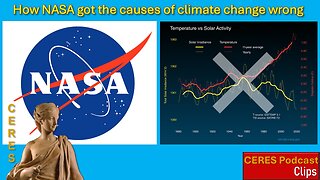 32:07
32:07
CERES-Science
3 months agoHow NASA got climate change wrong
1732 -
 LIVE
LIVE
The Bubba Army
21 hours agoHulk Hogan Dead at 71 | Bubba the Love Sponge® Show | 7/25/2025
5,156 watching -
 23:48
23:48
Jasmin Laine
16 hours ago“CHRISTIANS Are a Threat” Musician BANNED From Canada for MAGA Beliefs
3.11K21 -
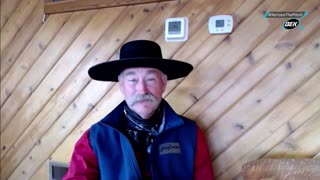 LIVE
LIVE
BEK TV
22 hours agoTrent Loos in the Morning 7/25/2025
426 watching -
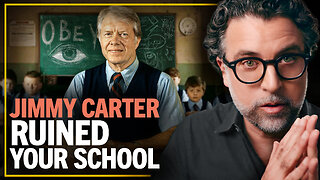 15:03
15:03
Dad Saves America
13 hours ago $1.41 earnedHow the Department of Education Hijacked Our Schools - Poisoning of the American Mind: Pt 3
26.7K5 -
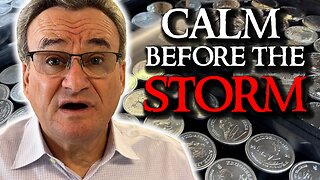 14:06
14:06
Silver Dragons
15 hours agoBullion Dealer Reacts to Silver Price TRIPLING in 5 Years
11.5K4 -
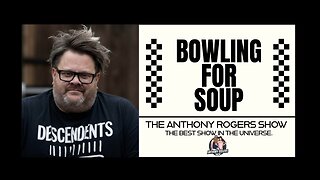 28:31
28:31
Anthony Rogers
14 hours agoBOWLING FOR SOUP interview
9.04K1 -
 17:12
17:12
Nate The Lawyer
2 days ago $2.19 earnedTrans Swimmer Lia Thomas Stripped of Titles for Being a Man in Women’s Sports
28.5K24 -
 12:17
12:17
Zoufry
20 hours agoThe Hunt For The Real Life James Bond
34.7K6 -
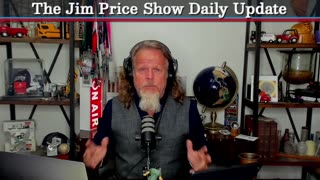 59:55
59:55
TheJimPriceShow
14 hours agoSAM ANTHONY Ep.1244
10